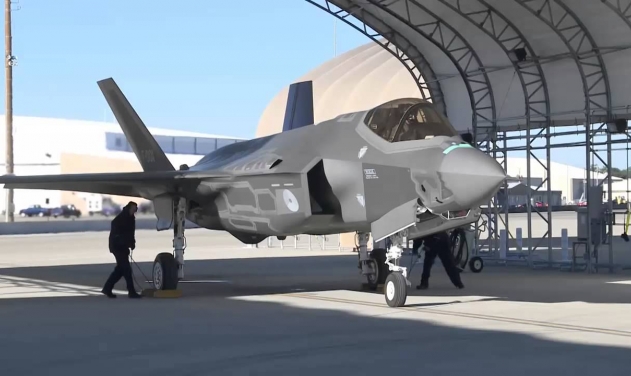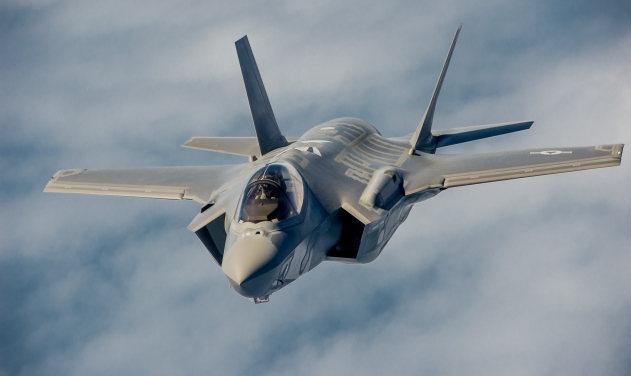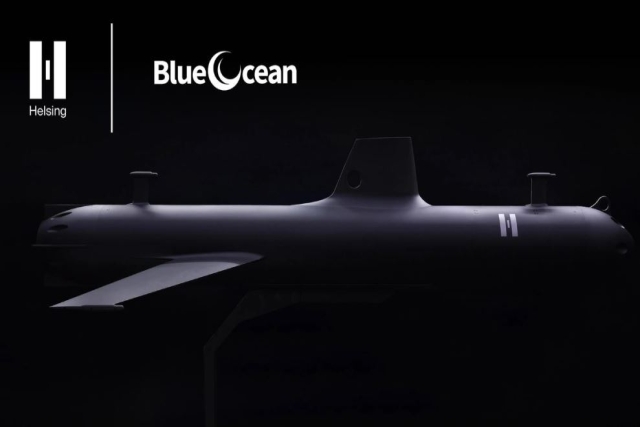Two Dutch F-35 Fighters To Reach Netherlands For Operational Tests

Two Dutch F-35A fighter jets will land in Netherlands followed by two KDC-10 aerial refuelers and a NATO C-17 carrying spare parts and gear in about a week.
The planes will land at Leeuwarden Air Base, which is one of two bases that will be home to the RNLAF's F-35s when they arrive permanently in 2019. The RNLAF plans to replace its legacy F-16A/B fleet with a minimum of 37 F-35s, split between two bases, US Air Force said in a statement Monday.
The three-week mission not only fulfills the Netherlands defense minister's promise, it also provides an excellent test opportunity.
"We've turned it into a deployment that fits really well in our operational test activities," said RFLAF Col. Albert de Smit, Netherlands F-35 Operational Test Detachment commander. "We are doing a variety of things as part of OT test. There have been deployments by the U.S. Marine Corps and Navy, and by the U.S. Air Force to Mountain Home [Air Force Base, Idaho]. So we thought one of the things we have not done is a long-range overseas deployment."
While at Leeuwarden AB, the detachment will conduct test operations and expect to learn a lot.
"I'm sure we are going to have to deal with challenges. We've turned it into a three-week deployment where we will conduct regular sorties just like we do here; just turn sorties so we can see if the maintenance and logistics pieces all work and if [information technology] can support us throughout the whole thing. I'm sure it's going to generate a ton of lessons learned and things to take away from," de Smit said.
Towards the end of the deployment, Leeuwarden AB will hold a public air show complete with the new F-35s.
KDC-10 certification flights were conducted earlier this year to ensure the Dutch F-35s were cleared to mid-air refuel. Additionally, de Smit said an information technology link had to be established so they can communicate back with the test force at Edwards AFB.
The Dutch OT detachment will send test data back to Edwards and process maintenance items through the F-35 program's maintenance framework called ALIS (Autonomic Logistics Information System).











